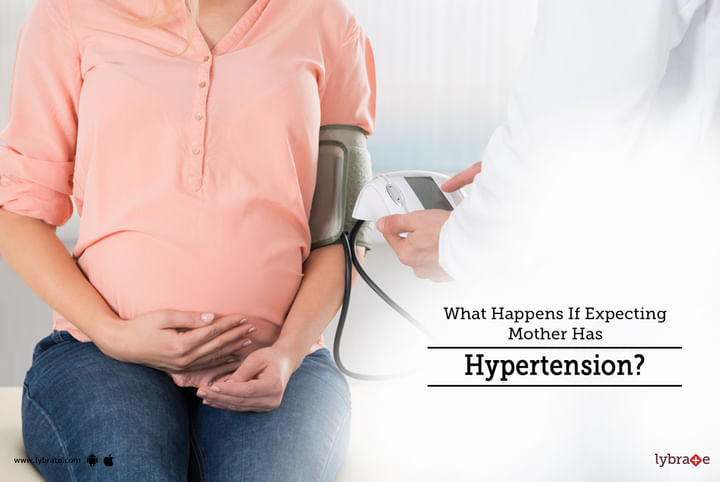What Happens If Expecting Mother Has Hypertension?
Hypertension affects many women during pregnancy. Blood pressure readings that are equal to or greater than 140/90 mm/Hg indicate elevated blood pressure. If left untreated, the condition can lead to serious health complications for the infant, the mother, or both.
Types of hypertension associated with pregnancy
Three types of hypertension are common in women during pregnancy –
-
Chronic hypertension – A woman with chronic hypertension either had elevated blood pressure before pregnancy, or it developed within the initial 20 weeks of pregnancy. Women with this condition are likely to develop an abnormal amount of proteinuria – high protein content in the urine. The presence of proteinuria may be an indication of kidney problems.
-
Gestational hypertension – Gestational hypertension usually develops in the latter half of the pregnancy, after the first 20 weeks. This condition only occurs during pregnancy, without any changes in the functioning of the liver or the presence of protein in the urine. This form of hypertension is temporary and typically goes away after the birth of the child. However, it can increase your chances of developing high blood pressure in later life.
-
Preeclampsia – This type of hypertension usually occurs in the third trimester, and rarely develops after the child is born. The condition is diagnosed after measuring the blood pressure readings and testing urine samples and blood. Preeclampsia is often linked with severe consequences like kidney damage, liver damage, and seizures.
Risks associated with pregnancy-induced hypertension
The various risks associated with hypertension during pregnancy include –
-
Placental abruption
-
Decreased flow of blood to the placenta
-
Intrauterine growth restriction
-
Premature delivery
-
Organ injuries
-
Cardiovascular disorders
In order to avoid these complications, you should focus on keeping your high blood pressure levels stable.
What about delivery and labour?
The doctor might suggest inducing labour before the delivery to avoid risks. The induction timing depends on whether you have end-stage organ damage or your baby has complications, and how well managed is your blood pressure. Normally, pregnant women with preeclampsia are given medications during labour to prevent seizures.
Is there any treatment for high blood pressure?
There is no particular treatment for high blood pressure. The key is to monitor your blood pressure and keep it under check using medications and following healthy lifestyle practices. Some medications are safe to use during pregnancy, while most others like ACE inhibitors and renin inhibitors should be avoided. Talk to your doctor and take only the medications suggested by him/her.


+1.svg)
